At any other time in memorable history, the headline ‘Heineken ceases production in Russia’ would have been shocking.
But this week, it’s just one of several such stories as the world’s biggest food and drink players – including Coca-Cola, PepsiCo, McDonald’s, Starbucks and Unilever – cut ties with Russia over its assault on Ukraine.
These fmcg and fast food giants certainly weren’t the first to act. Supermarkets began pulling Russian vodka from their shelves, suspending shipments and pledging financial support to Ukraine as early as last week, while smaller brands have also shifted production and renamed products in protest against the war.
As the violence escalates in Ukraine, these major food and drink firms arguably had little choice but to make a move. Consumer pressure to cease Russian operations has reached a fever point on social media in recent days, with #BoycottCoca-Cola, #BoycottPepsico and #BoycottMcDonald’s all trending on Twitter over the weekend.
That’s not to mention the pressure they were facing from investors, as Anna Macdonald, a fund manager at Amati Global Investors, told the BBC Radio 4 Today programme.
“Shareholders and wider stakeholders wouldn’t stand for continued generation of revenues and profits in Russia,” she said. “It was affecting their share prices and the feeling was that it was just utterly inappropriate to continue to do so.”
But regardless of whatever duress they were under, it is encouraging to see that, in the end, profits can be sacrificed for a greater good.
McDonald’s opened its first restaurant in Russia when the iron curtain was crumbling in 1990, so its move to temporarily close its 850 restaurants in the country is, in the words of BBC’s Steve Rosenberg, “hugely symbolic”.
That the likes of Heineken and Coca-Cola have willingly sacrificed the income from as vast a market as Russia sends a powerful message of unity, which has arguably been lacking in these post-Covid times.
It also sets an interesting precedent for the future. The past decade has seen food and drink businesses enthusiastically embrace ‘goodness’. There have been tremendous advancements in approaches to critical issues such as food waste, sustainable packaging, carbon emissions, workplace diversity and treatment of workers.
But the era of goodness has also brought with it a tidal wave of corporate posturing and greenwashing, with businesses demanding recognition for distant commitments rather than firm action.
That some of the world’s biggest food and drink brands can decide to quit Russia en masse within a matter of days demonstrates businesses can act quickly and decisively when they want to. Which could undermine any future excuses over slow progress on issues like climate change.
Of course, in order for such action to happen, consumers and investors need to be united in the opinion that no other option is acceptable. And be willing to pay the price. Because let’s be clear, these firms will have to recoup some of their lost profits – and that’s going to mean higher prices.
Still, it’s good to know that when it really counts, we can all stand together and act decisively for what we believe in. Let’s just hope it helps makes a difference for the people of Ukraine.








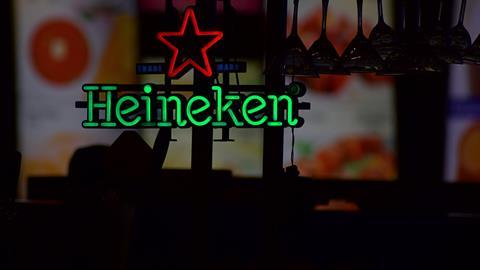



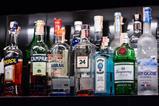

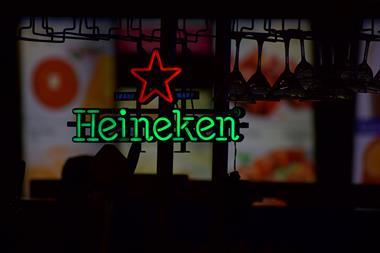
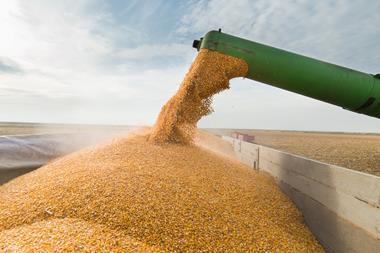


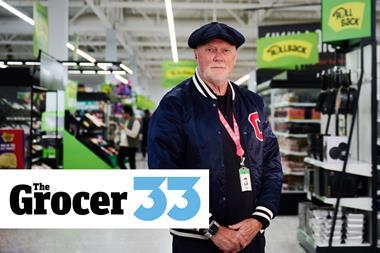






No comments yet